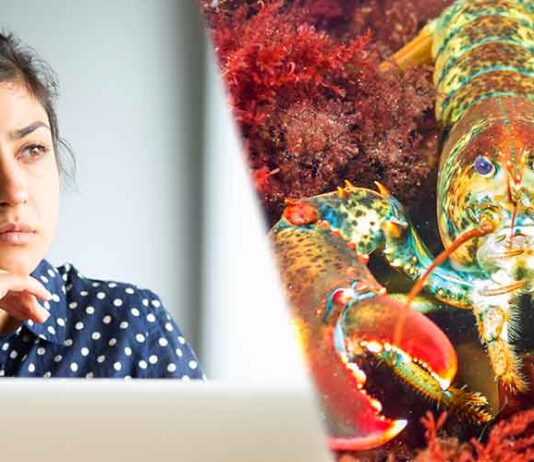How do lobsters communicate and is it possible to have a chat with a crustacean? Lobsters have evolved sophisticated and eloquent ways of communicating with each other, but they are very different from our own! Methods of lobster communication vary between species, so there is...
Home Wild Animals









